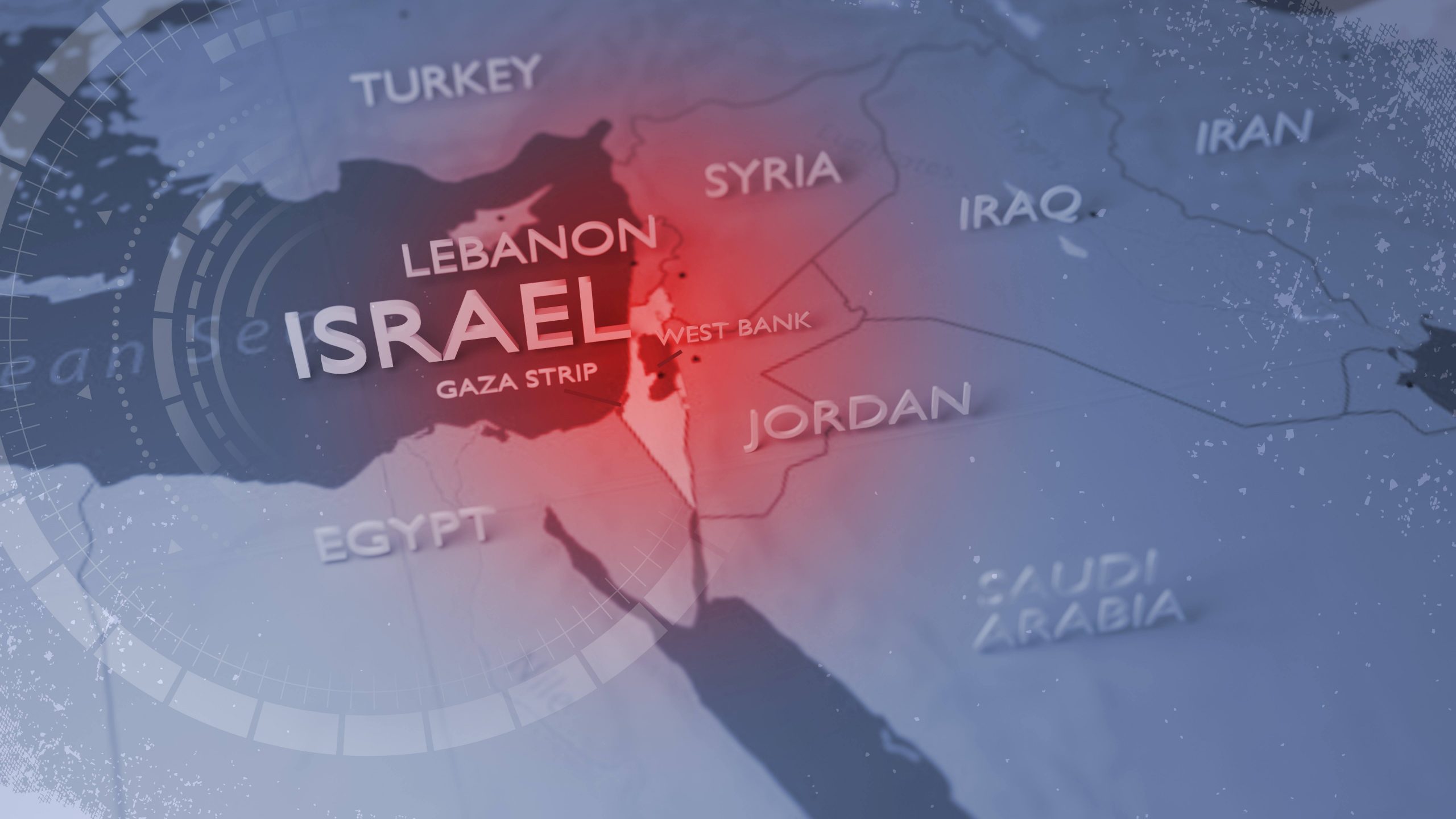At the beginning of 2023, the prospects for the tumultuous Mediterranean region were already ominous. However, no one could predict the even more tragic developments with the terrorist attack by Hamas on October 7, 2023, and the ongoing bloody conflict and unprecedented humanitarian catastrophe in the Gaza Strip.
The Mediterranean, and the Eastern Mediterranean in particular, has once again demonstrated its ability to surprise us—usually in a bad way, since it is currently in the throes of growing chaos.
The trend which saw the Mediterranean’s southern shores converging economically, culturally and politically around a European model began to reverse direction almost 20 years ago. The vision of Euro-Mediterranean cooperation making the Mediterranean a sea of peace, stability, cooperation and prosperity for all the peoples of the region, fostering understanding between different cultures with full respect for international law, has completely collapsed, just as expectations for a sustainable solution to the Palestinian issue have collapsed.
Today, the Mediterranean is not a sea that unites but a barrier that separates two worlds with enormous inequalities.
Over the last decade, the two shores of the Mediterranean have not only failed to move closer but, on the contrary, moved further apart. Socio-economic development, cultural and social values, governance and demographics followed different paths that reinforced not only discomfort but also hostility towards Europe.
According to World Bank data, the per capita income of people living on the southern shores of the Mediterranean is six times lower than of the EU. Europe’s population is ageing rapidly, while that of the southern shore is significantly younger: 31% of people there are under 14 years of age, compared to 15% in Europe. Since 1990, the population of the EU has grown by 6.5%, while that of the ten countries in our southern neighbourhood has risen by 72%.
Social and economic conditions will continue to deteriorate in 2024. As the horizon for a better future for the populations of the region recedes, so will the intensification of disappointment and despair, fuelling extremist ideologies and increasing anti-Western and anti-European sentiments, fuelled by forces seeking to regain influence in the region, such as Moscow, Ankara, and Tehran.
The successive crises that have hit most of the southern Mediterranean countries have created, for the time being, an irreversible sequence of negative developments. Unrealistic expectations from the so-called Arab Spring quickly gave way to the ongoing civil wars in Syria and Libya, the collapse of debt-ridden Lebanon, the arms race between Algeria and Morocco, the spread of Islamic terrorism, and the increase in refugees. Optimism was replaced by despair. Young people are leaving their countries due to war, lack of freedom, unemployment and a bleak outlook for their future. And as if all these wounds were not enough, the climate crisis began to affect the Mediterranean more than other regions of the planet, with very negative impacts on significant economic activities.
After the difficult period of the global COVID epidemic, the shock of the Russian invasion of Ukraine, the rise in energy and food prices came. Most non-European countries in the Mediterranean distanced themselves from European policy towards Russia, either abstaining or voting against European proposals in many UN votes. The Russo-Ukrainian war created additional conditions to deepen the gap with Europe and the West. The influence of the European Union in the countries of the region is steadily decreasing, and phenomena of ‘autonomy’ are multiplying in countries that traditionally followed European strategic choices. A characteristic example is Turkey, which does not follow Western sanctions against Moscow, as well as Morocco, which abstains from condemning the Russian invasion in UN votes.
There are no visible prospects for the revival of the peace process between Israel and the Palestinians, while the situation in Syria will continue to export instability with the flow of refugees and the consolidation of Russia’s military presence on the shores of the Eastern Mediterranean, in Latakia and Tartus.
Some optimism for the signing of an agreement on Iran’s nuclear program, which prevailed after the assumption of the American presidency by Biden, has definitively evaporated after the attack by Hamas in Israel and the currently controlled confrontation between Israel and Hezbollah in Lebanon, which has close ties with Tehran.
2023 started with very bad omens for the Mediterranean region. 2024 begins with even more ominous signs. The dramatic developments in Gaza create explosive conditions in Europe’s relations with the peoples of the region and further erode their already shaken relationship. The continuation of hostilities in Gaza and their possible expansion into Lebanon will endanger the stability of many Arab countries and may deepen the rift with Europe, even at the interstate level.
The only consolation that could emerge from this bleak landscape would be the realization by Europe that a comprehensive policy towards our southern neighbourhood is required. Perhaps a blow to the illusions that we can be safe when our neighbourhood is plagued by instability and conflicts.
*Dimitris Kourkoulas is Head of the ELIAMEP Mediterranean Programme, Former Deputy Minister of Foreign Affairs and former Ambassador of the EU
This article is part of the annual Special Edition “ELIAMEP Outlook – Predictions for 2024”, where ELIAMEP’s leading analysts and associates share their predictions for the year ahead. They assess the main challenges, trends, risks, potential opportunities and inflection points of 2024 for Greece, Europe, the Mediterranean and the world.



